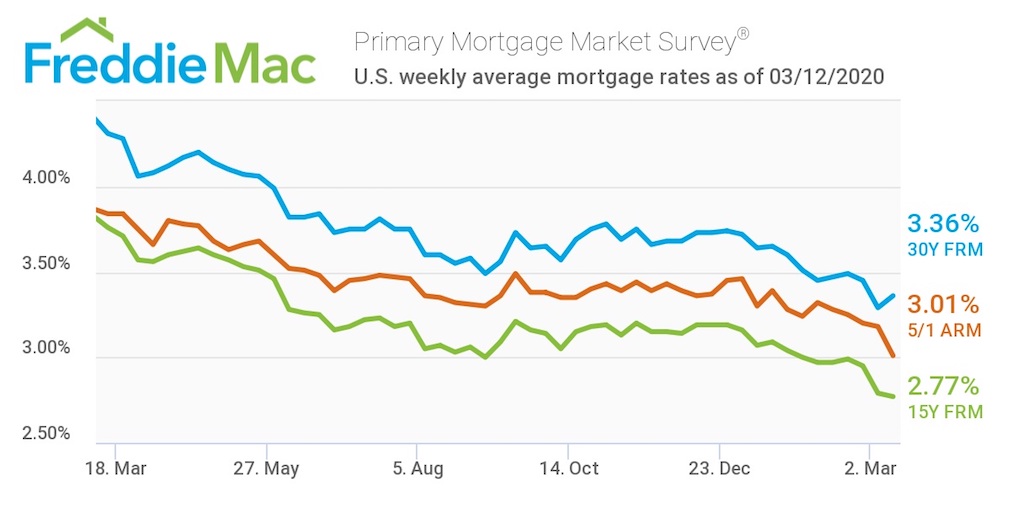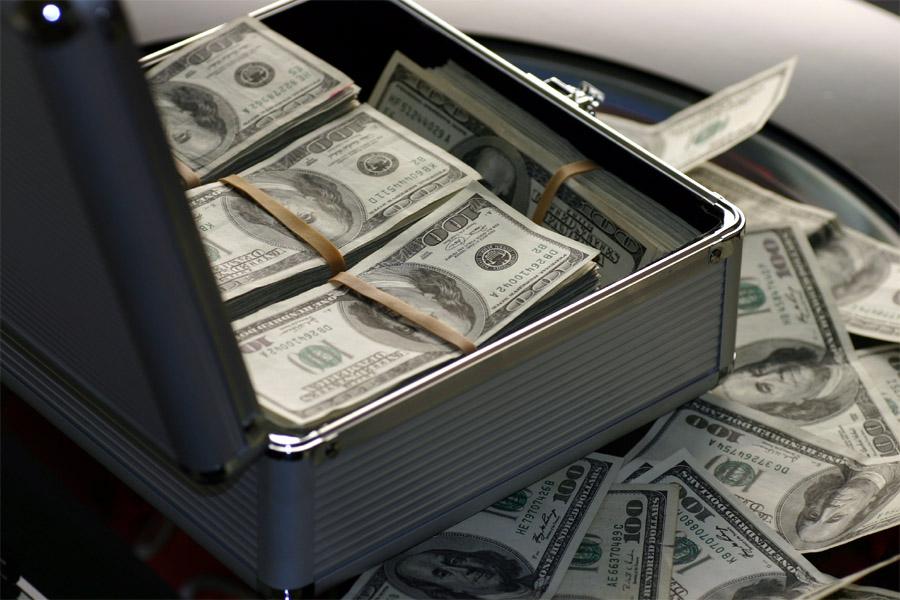If the applicant's credit rating was above a certain limit, they were approved. Meanwhile, those with lower credit scores and possibly more compelling customer attributes would be rejected. This led to a great deal of novice property buyers getting their hands on glossy new houses, even if their largest loan prior had actually been something as simple as a revolving credit card.
Throughout the boom, these low mortgage rates encouraged people to buy houses and serially refinance, with lots of taking big amounts of cash-out in the procedure, frequently every six months as house prices surged higher. A number of these customers had developed equity in their houses, but after pulling it out to pay everyday costs, had little left and no place to turn when funding dried up.
Many of these customers now have loan amounts that far exceed the real worth of their homes, and a larger month-to-month home mortgage payment to boot. Numerous of the houses lost throughout the crisis were really financial investment propertiesIronically, a lot of home mortgage and property market workers participated the enjoyable too and lost their hatsBut again it didn't matter due to the fact that they frequently purchased the homes with absolutely nothing downAnd when things went south they merely strolled away unscathedIt's not just households who have actually lost their homes.
Much of these speculators bought handfuls of residential or commercial properties with little to no money down. Yes, there was a time when you could acquire four-unit non-owner occupied homes with no cash down and no documentation! Amazing isn't it?Why loan providers ever believed that was an excellent idea is beyond me, but it took place.
There was definitely a supply and demand imbalanceJust a lot of houses out there and inadequate buyersEspecially once homes became too costly and financing ran dryMany of these properties were likewise integrated in the outskirts where no one livedEverywhere you look, at stop paying timeshare maintenance fees least if you live in locations like California, there are scores of brand-new, vast housing developments.
The Ultimate Guide To How To Hold A Pool Of Mortgages
Sadly, numerous were integrated in the outskirts of cities, typically in locations where many people do not actually wish to reside. And even in preferable areas, the speed at which brand-new properties were constructed greatly went beyond the need to buy the houses, causing a glut of inventory. The result was a lots of house builders going out of organization or hardly hanging on - what is the best rate for mortgages.
Why? So they can dump off more of their homes to unwary households who think they're getting a discount rate. Obviously, the contractors don't in fact want to reduce house costs. They 'd rather the federal government fund rate of interest to keep their profit margins undamaged. Whatever worked since house costs kept risingBut they could not sustain forever without imaginative financingAnd once rates stalled and started to dropThe flawed financing backing the properties was exposed in serious fashionAs a result of a number of the forces mentioned above, house costs increased quickly.

The pledge of perpetual home price gratitude concealed the risk and kept the critics at bay. Even those who understood it would all end in tears were silenced because increasing home rates were the absolute service to any issue. Heck, even if you could not make your month-to-month mortgage payments, you 'd have the ability to offer your home for more than the purchase cost.
No one was timeshare ownership pros and cons forced to purchase a home or re-finance their mortgageIt was all entirely voluntary despite any pressure to do soWhat took place to all the cash that was drawn out from these homes?Ultimately everyone needs to take accountability for their actions in this situationFinally, the homeowners themselves must take some responsibility for what took place.
And where exactly did all this cash go? When you tap your equity, you get money backed by a mortgage. However what was http://gunnerncqh301.cavandoragh.org/how-how-many-va-mortgages-can-you-have-can-save-you-time-stress-and-money all that cash invested in? Were these equity-rich debtors purchasing brand brand-new automobiles, going on expensive holidays, and buying a lot more genuine estate?The answer is YES, they were.
The Greatest Guide To Which Banks Are Best For Poor Credit Mortgages
They were loans, not free money, yet numerous debtors never paid the cash back. They just strolled away from their houses, however may have kept the lots of things they bought with the profits. You'll never hear anyone admit that however. Eventually, each debtor was accountable for paying their own home loan, though there were certainly some bad players out there that might have manipulated some of these folks.
And while you can blame others for monetary mistakes, it's your issue at the end of the day so take it seriously. There are likely a lot more factors behind the home loan crisis, and I'll do my best to add more as they come to mind. But this gives us something to chew on.
Jonathan Swift It is clear to anyone who has studied the financial crisis of 2008 that the personal sector's drive for short-term revenue lagged it. More than 84 percent of the sub-prime home mortgages in 2006 were issued by private loaning. These personal companies made nearly 83 percent of the subprime loans to low- and moderate-income borrowers that year.
The nonbank underwriters made more than 12 million subprime home loans with a value of nearly $2 trillion. The loan providers who made these were exempt from federal regulations. How then could the Mayor of New York City, Michael Bloomberg state the following at a business breakfast in mid-town Manhattan on November 1, 2011? It was not the banks that created the home mortgage crisis.
Now, I'm not saying I'm sure that was awful policy, due to the fact that a great deal of those individuals who got houses still have them and they wouldn't have gotten them without that. But they were the ones who pressed Fannie and Freddie to make a lot of loans that were careless, if you will - how much is mortgage tax in nyc for mortgages over 500000:oo.

Unknown Facts About What Does Hud Have To With Reverse Mortgages?
And now we wish to go damn the banks since it's one target, it's easy to blame them and Congress definitely isn't going to blame themselves." Barry Ritholtz in the Washington Post calls the idea that the United States Congress lagged the financial crisis of 2008 "the Big Lie". As we have actually seen in other contexts, if a lie is big enough, individuals start to believe it.